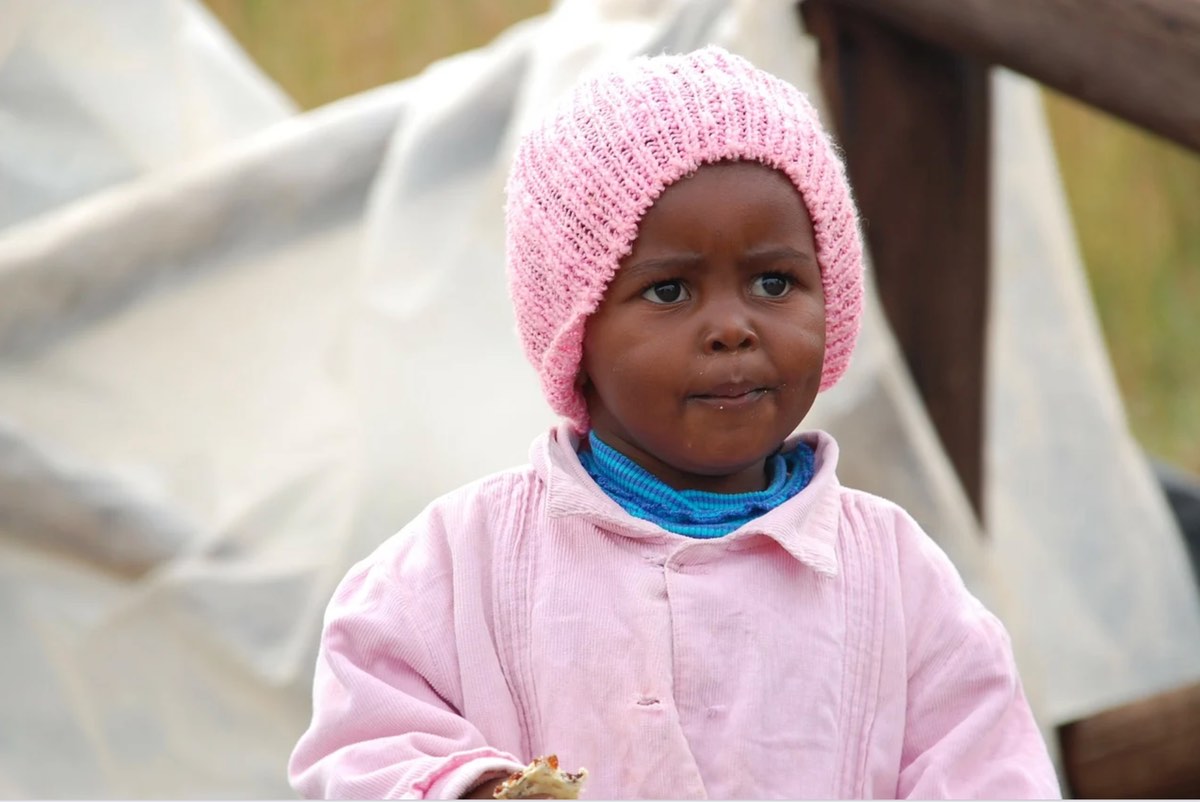During this week’s “Child Protection Week” campaign, the Department of Social Development has intensified its activities around the promotion of healthy families, stating its intention to strengthen the provisions of the Children’s Act.
The Department of Social Development on children’s rights
“Many children in South Africa live without the support of their parents and this compromises their right to protection and care. Some of these children live in child-headed households, youth-headed households, grandparent-headed households and some, if not most, are being raised by one parent – in the majority, their mothers.
Statistics South Africa (2018) published a report titled: “Children’s education and well-being in South Africa”, which looked into the lives of the country’s children under the of age 18. It revealed that only 31.7% of black children stayed with their biological fathers as compared to their coloured counterparts 51.3 %, 86.1 % Indian or Asian; and 80.2 % of white children. The report said in these four race groups, between 74% and 92.6 % of children lived with their mothers.
The absence of one parent has a negative impact on children and adolescents who often face an increased risk for developing behavioural challenges. It has also been established that there are negative effects of social and economic factors prevalent in families where there is an absence of one parent.
Children have a right to both parents irrespective of whether the parents are separated or divorced and regardless of who has a custody of the children, the upbringing of children should be the full responsibility for both parents unless a court determines otherwise.
In order to intensify the Child Protection Week campaign which ends on June 6 under the theme: “Let us all Protect Children during COVID-19 and beyond”, the department calls upon all parents in South Africa to play an active role in the lives of their children and this is supported by the legislative provisions that are in place.
The Children’s Act 38 of 2005 promotes the active participation of biological fathers in their children’s lives through:
- Parental responsibilities and rights
- Co-exercise of parental responsibilities and rights
- Parental responsibilities and rights of unmarried fathers
- Parental responsibilities and rights agreements
- Parenting plans
- Care and contact
In its strategic priority of promoting healthy family lives, the White Paper on Families strengthens the provisions of the Children’s Act and promotes responsible parenting which includes amongst other aspects, responsible co-parenting by both mothers and fathers enhance parents’ ability and capability to protect children from exposure to, and participation in activities that may be detrimental to their physical, emotional, psychological, intellectual, and sexual well-being.
As part of encouraging fathers’ involvement in their children’s upbringing, the White Paper proposes the following measures:
- Elaborate or revise current laws and social policies that restrict fathers from being involved in their children’s lives and replace them with those that create an environment where fathers have the opportunity to care for, engage with, and support their children;
- Ensure that fathers are treated equally by the courts in custody decisions;
- Use the formal education system and informal information sources such as the media to construct and maintain social norms and positive attitudes regarding the roles of fathers in the lives of children; and
- Ensure more effective enforcement of maintenance payments by absent fathers.”

